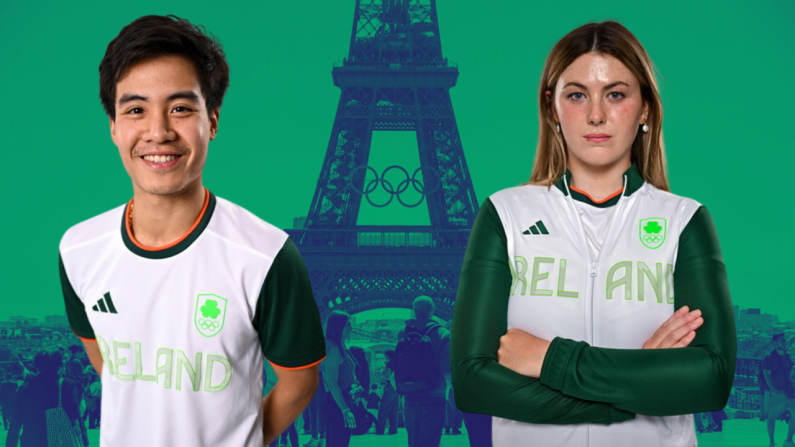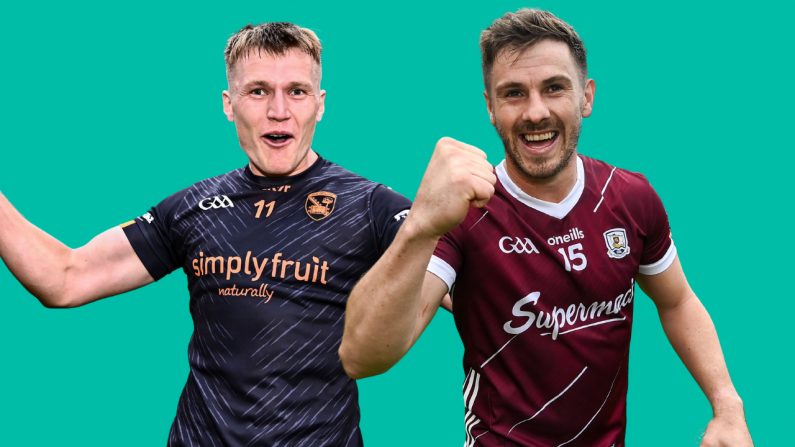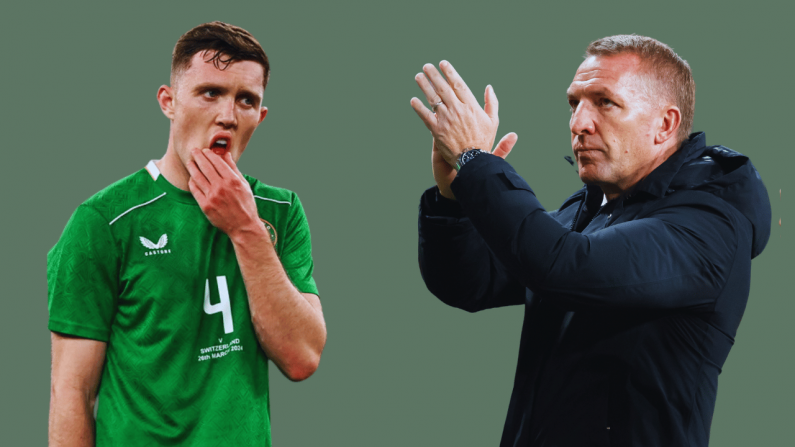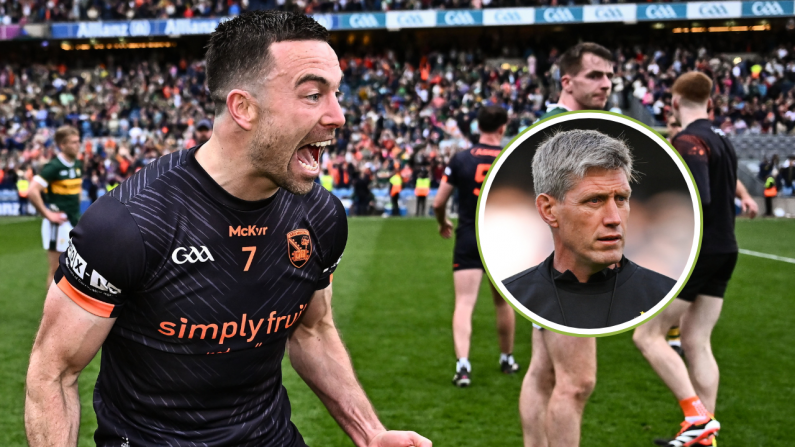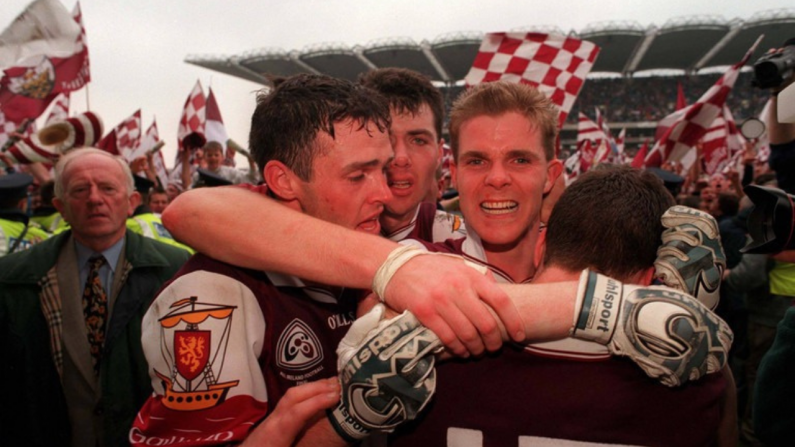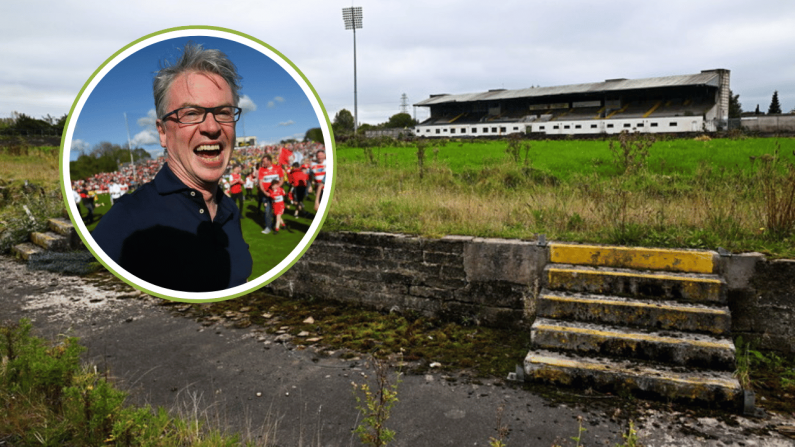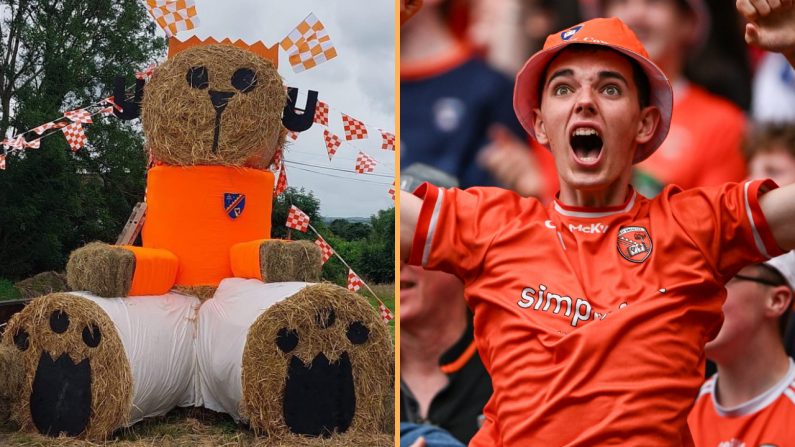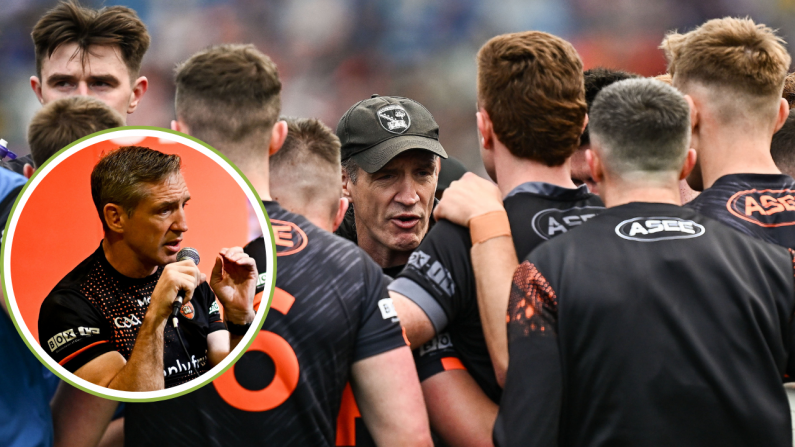One of the biggest takeaways from Paul Rouse's new book 'The Hurlers' is that GAA discourse and complaints have an astonishing ability to repeat themselves.
As Ireland meandered towards the 20th century, Michael Cusack bemoaned the "rough, vicious and semi-barbaric play" that broke out during club games, the Faugh-a-Ballagh secretary cited the damaging impact being a dual club had on their Dublin county title aspirations and explained it is "doubtful whether any club is able under these circumstances to carry off a championship."
A lack of access to good-quality pitches delayed the Dublin Championship until Lord Ffrench volunteered his land at Elm Park in Merrion, now Elm Park Golf Club. Fixture chaos also impacted the first All-Ireland Championship after the Clare champions had been due to play against those of Wicklow in Athlone in July, but Wicklow had not yet run their hurling championship.
UCD Lecturer Paul Rouse's original plan was an article for his local newspaper. Then a journalist, he discovered a report of the first All-Ireland final, held in Birr, and was inspired to report on it.
Research was required. Other local newspaper reports, personal testimonies, minute books, court reports, police reports; the material mounted and ultimately flourished to manifest an incredibly detailed and surprisingly entertaining book.
"The story just became more and more. It spread and it ended up being the book that it is," explains Rouse.
That is not to say it merely treads well-worn ground.
I think it challenges the traditional view of how hurling was created. I think it challenges the view, for example, that hurling had disappeared after the famine. It had not. It was still being played in a limited way in marginal areas around the country. What it hadn't done is modernise. It hadn't a codified set of rules, it hadn’t a club structure and an organisational structure put around it.
It is a mistake to label 'The Hurlers' as merely a sports book. What starts as the story of a game's national growth extends to chart profound societal issues. Like the aforementioned GAA complaints, these are concerns that remain relevant to this day.
"It is one of these things that we like to think our world is totally changed from the world of the 1880s and naturally there are differences.
"There genuinely are differences in terms of how we live, communication, where people work, disposable income, people’s behaviour. All of that kind of stuff has changed. But the fundamentals of human life remain the same.
"People are interested now in the same things that they were interested in the 1880s. The same factors of how people behave and the stories of things going wrong and going right and going crazy whenever people try and do things together, remain the same."
We would be a fool to say things are exactly the same now that they were then. That is entirely not the case. But there are also very many shared characteristics and that reveals itself in hurling. There are fights on the pitch, disputes over scheduling, over fixtures, disputes over referees, appeals being made from various things, there is talk about how do we help the weaker counties. How do we get more people to play hurling as against playing football? All of these things are there already in the 1880s.
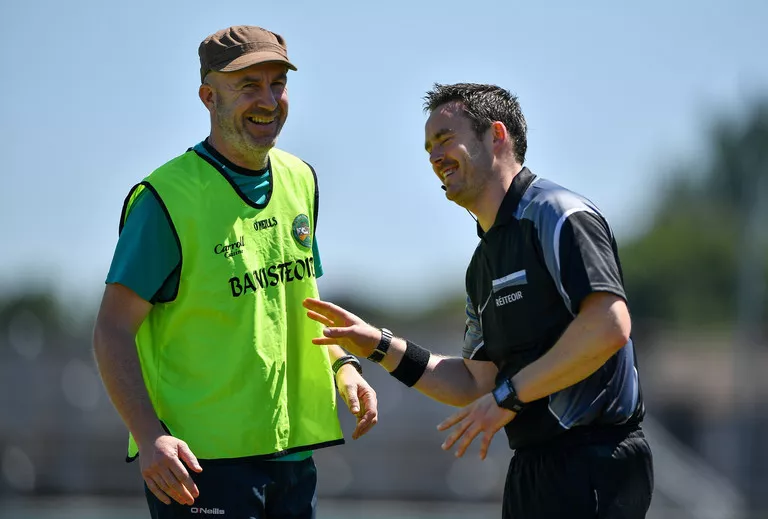
As well as his academic work, Paul Rouse is embedded in the GAA and in the media. The Offaly man took charge of his own county's footballers last year and skilfully steadied the ship. He is a regular columnist and contributor on national radio and so it was a challenge to initially even arrange a suitable time for an interview such as this.
When it eventually happens, Rouse maintains a balance and fluency regardless of subject. Historians have a responsibility to put things in a political, cultural or sociological context and he assiduously delivers that. Throughout he emphasises these are individual views, routinely sprinkling an 'I think' or 'for me' into the conversation. Paul Rouse speaks only for himself.
The idea of Michael Cusack as a near-saint figure 'who was incapable of doing wrong and one of the creators of modern Ireland' is forcefully challenged and rightly so. "No human being is either one thing or the other," he resolves.
That is a philosophy that applies universally but increasingly rare in a world with an incessant need to see everything as binary.
So how does the media fit in all of this? Journalism is a broad church and sweeping statements analysing it invariably miss the mark, but there is no doubt that it had an impact on the sport's history and subsequent growth, positively and negatively.
"The stories work and are available because journalists were there and they were all printed at the time. They are printed by multiple sources because journalists were involved in the GAA. They weren't just reporting on it, they were practitioners. It meant they were inside in the meeting rooms telling you what happened from the inside.
"There are multiple accounts of these things. So no one taking a chance or making stuff up or going on a foray. There are multiple sources telling you the story."
The relationship between the media and all sports has changed in recent times and particularly changed because of the professionalisation of sport and everything that happens around it. I think that has fundamentally changed how things happen now. Number two, the fact is that the sporting world was in the making at that stage and so were newspapers.
All of that was in the making. This is a conversation that is starting and continues in terms of everything. There was probably more space for active involvement of the media. I think there is now a very managed relationship between media and sport. It was much rawer. In this age of communication and availability and everything around it, people are really careful.
The landscape has unquestionably changed and one regretful consequence is narrow exposure for lesser counties. 'The promotion and the coverage was shite,' bemoaned Carlow hurler Paul Coady earlier this year, after his county won the Joe McDonagh Cup.

It is a plight Rouse stirringly sympathises with.
I think this really matters. It absolutely matters. Are teams really relevant with newspapers? You see papers change their budget and don’t have the same coverage available to them. I think that has probably shifted things a little bit but the truth of it is, the media reflects what is happening within the sporting association and it drives it.
The truth is within the GAA itself there are too many people who don’t care about hurling in Carlow, who don’t care about hurling in Tyrone, or hurling in Monaghan. It is just a sideshow to them. They are happy with the way things are in terms of our eight or ten counties that are fairly strong in hurling at a given time.
They compete there and the rest is secondary. They are secondary. That becomes a self-fulfilling prophesy.
The curious condition for hurling is that it remains a game loved by many but played by few. Once more, a lack of attention to development and ambition to address it has produced a sport cherished by the minority.
There are four senior clubs in Carlow. There are three in Longford. Fermanagh has one. The consequence is a lack of presence at inter-county level, but as Rouse explains, this is nothing new. It has always been this way.
"I think what is really striking is with the exception of Waterford and Offaly, the counties who took place in the first Championship are the ones who have taken part ever since. Look at this backwards. Offaly is the last 'new' county to win an All Ireland when they won it in 1981. Before that, it was Waterford in the '40s.
"Basically, across the last 100 years, there have been two new counties who have won All-Irelands. Galway won in the early 1920s but basically, the guts of 100s years two news counties have won the All-Ireland championship. That is failure."
As previously mentioned, the book's concern extends far beyond sport. That is in many ways inevitable because the GAA does not exist merely to facilitate sport. Its impact on every facet of Irish life has been seismic. However, while the GAA is clearly embedded in Irish society's structure its active involvement in certain aspects is murky at best.
This is particularly true for nationalism. Rouse is affirmative that a relationship with Irish national identity has been consistently present but often exaggerated.
The role of nationalism is totally overstated I think. The GAA for a long time completely overexaggerated its role in 1916. It had none. There were some members involved but it created an image that no one from any other sport was involved in 1916 or the War of Independence which is entirely untrue.
It imagines that the foundation of the GAA was a political act which is not true. The GAA was founded primarily as a sporting organisation. Yes, there were cultural and nationalist dimensions to it but to imagine it was set up to free Ireland is completely wrong, or at least a gross overstatement.

But the relationship does exist. And because of that relationship, and the symbols and depictions that are associated with it, because of the current political climate, it is a relationship the association and the nation need to reflect on.
"I think there is a question for people within the GAA, it is a broader societal question. What compromises are you prepared to make to achieve a united Ireland?
"Are you prepared to change the symbols? Does it matter so much to you, which do you... because you can't have or won't have loyalists signing up to Amhrán na bhFiann or to the tricolour. Are you prepared to make sacrifices for a united Ireland?
"In GAA terms, to what extent are you prepared to change your constitution and symbols around your game if you wish to include Northern unionists within the organisation, who are barely involved?
"There are exceptional examples to it but almost entirely it is the case that there are no unionists in the GAA. So what are you prepared to change? That requires a conversation because people will decline to change or won't want to."
Nationalism, media and human behaviour. We always knew it was a magical and mental game. 'The Hurlers' manages to illustrate the phenomenal extent of that.



